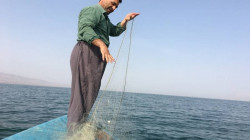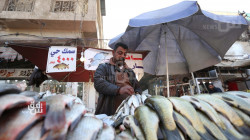Basra keeps ancient culinary tradition alive with "Masmouta" fish dish
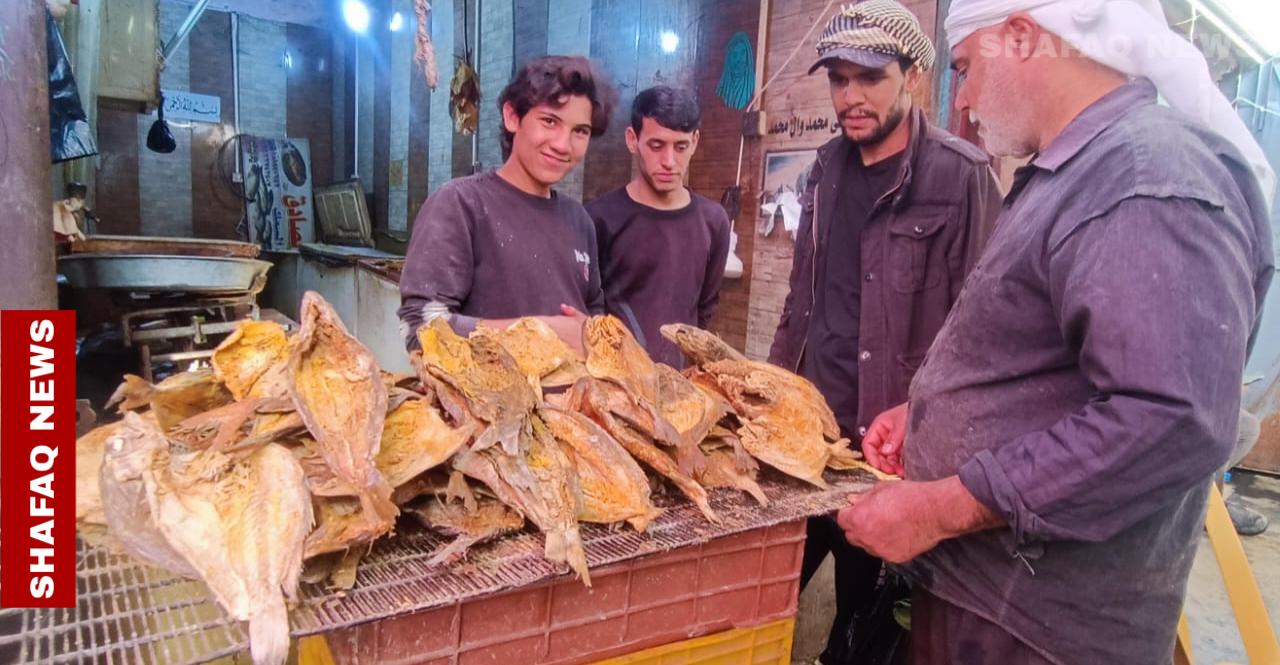
Shafaq News/ Every year, as Ramadan comes to an end, the people of Basra revive a centuries-old tradition: preparing "Masmouta," a historical fish dish that has been part of the region’s culinary heritage for thousands of years. Despite the passage of time, Basrawis continue to preserve this legacy through a meticulous process that culminates in cooking and enjoying the dish on the morning of Eid al-Fitr.
Researcher and historian Sabah Al-Jazairi told Shafaq News that Masmouta is deeply embedded in the cultural fabric of Basra and southern Iraq. "Its origins trace back to ancient Mesopotamian civilization. Despite the passage of time and the succession of different cultures, the method of preparing Masmouta has remained largely unchanged," he said.
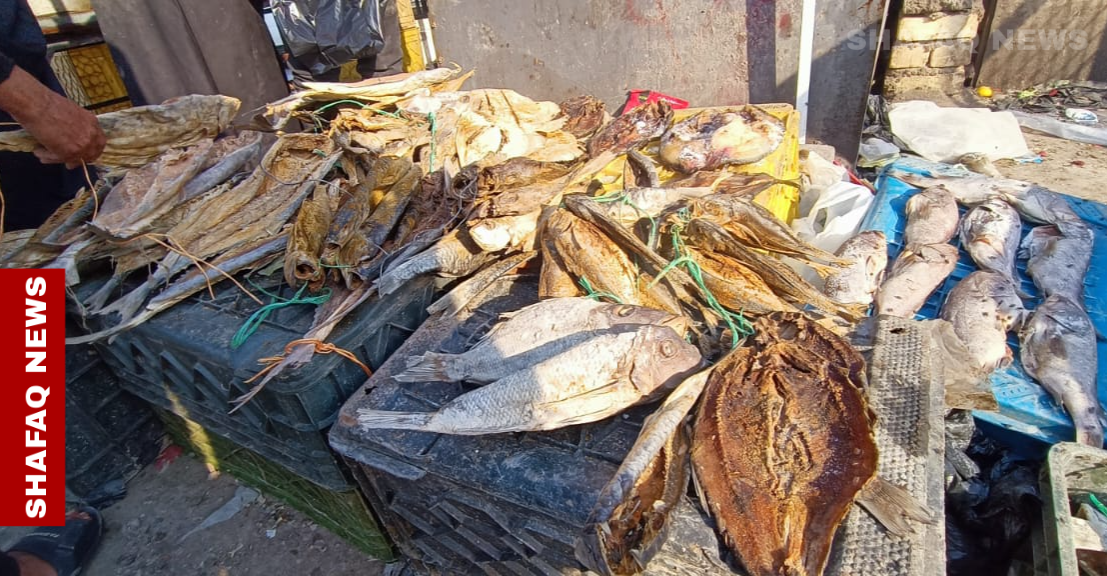
The dish was first developed in the marshlands of southern Iraq as a way to preserve fish after abundant catches. Women played a central role in its preparation, cleaning the fish, salting them with coarse salt, adding spices, and hanging them in the sun for several weeks until they dried. The dried fish were then stored in clay containers for later use.
Abu Wissam, a long-time Masmouta maker and seller, has been in the business since 1967. He explained to Shafaq News that the preparation process begins at the start of Ramadan. "We collect various types of freshwater and saltwater fish…After thoroughly cleaning them, we coat them with coarse salt and special spices," he said.
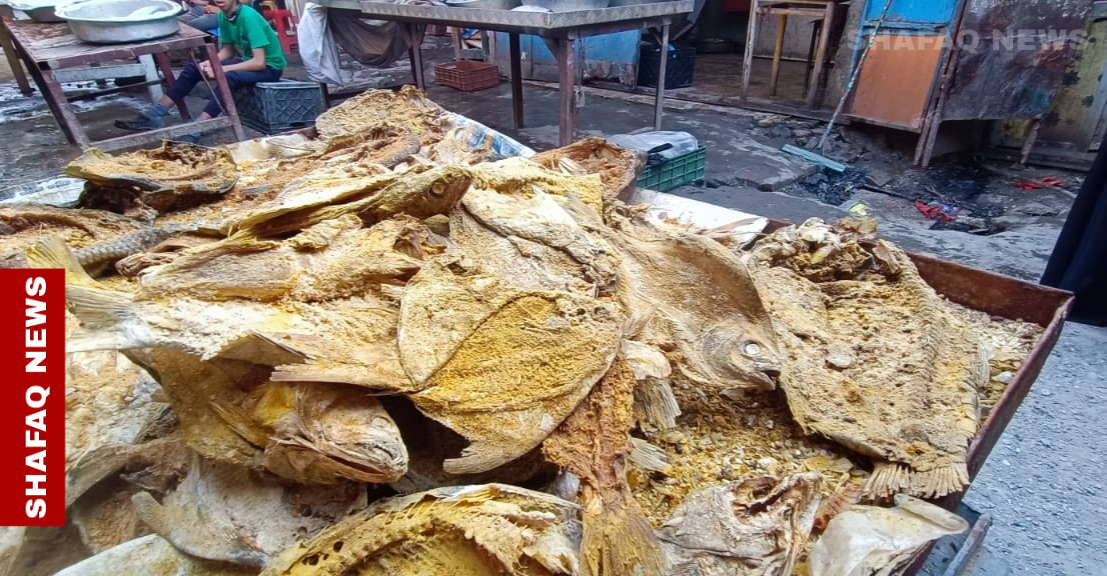
The next step involves hanging the fish under the sun for a period ranging from ten to thirty days. "The longer the drying period, the stronger the flavor and the better the taste," Abu Wissam noted. "People in Basra have a distinct preference for certain fish varieties, given the city’s access to both river and sea fish."
When it comes to cooking, Masmouta is simmered for over 20 minutes with onions, tomatoes, dried lime (Noomi Basra), salt, and spices. The dish is known for its rich aroma, which lingers in the air. "You can tell which house is cooking Masmouta just by walking through the neighborhood," he added.
In just two days, Abu Wissam’s shop sold more than five tons of dried fish. "If we count the sales of other shops and the people who prepare it at home, the total would reach hundreds of tons," he estimated.
While Masmouta was traditionally made at home, often as a communal effort among families and neighbors, its availability in fish markets has grown in recent years. Still, for many in Basra, the dish remains more than just food—it is a cherished Eid tradition, often shared among relatives and eaten with bread and rice.
